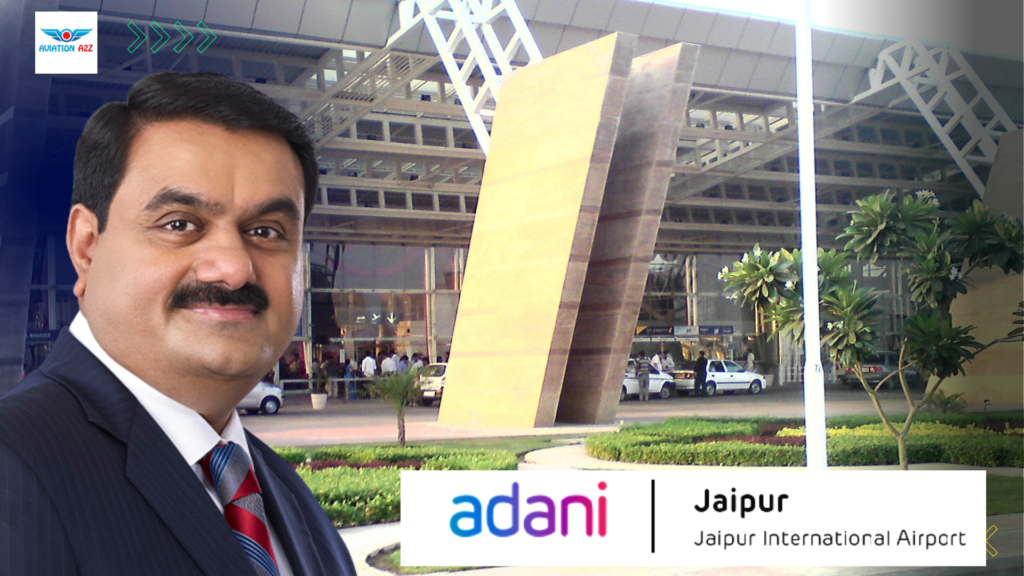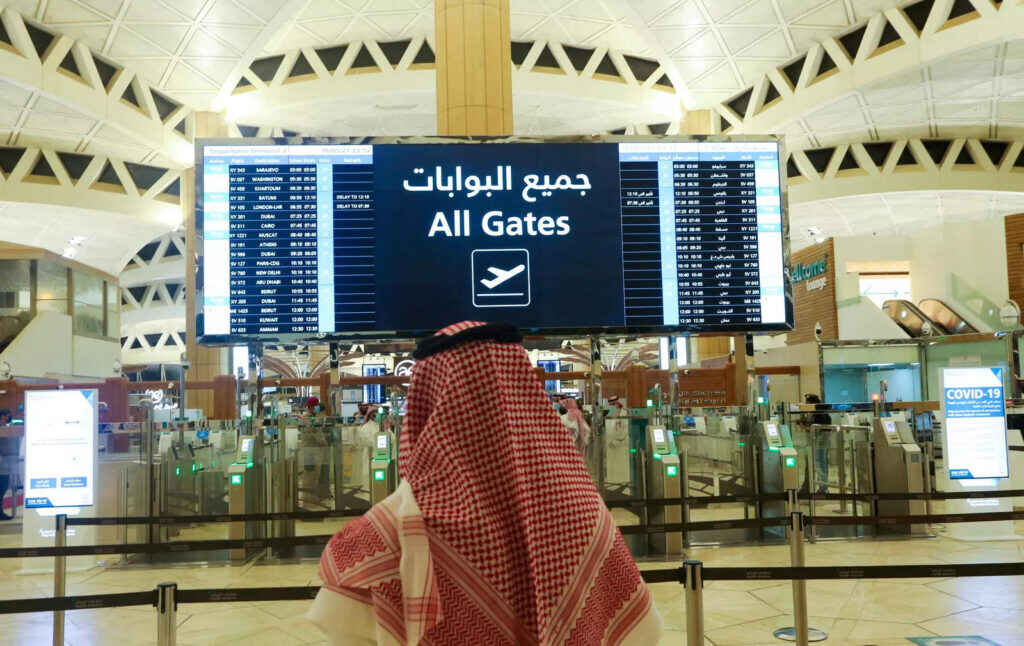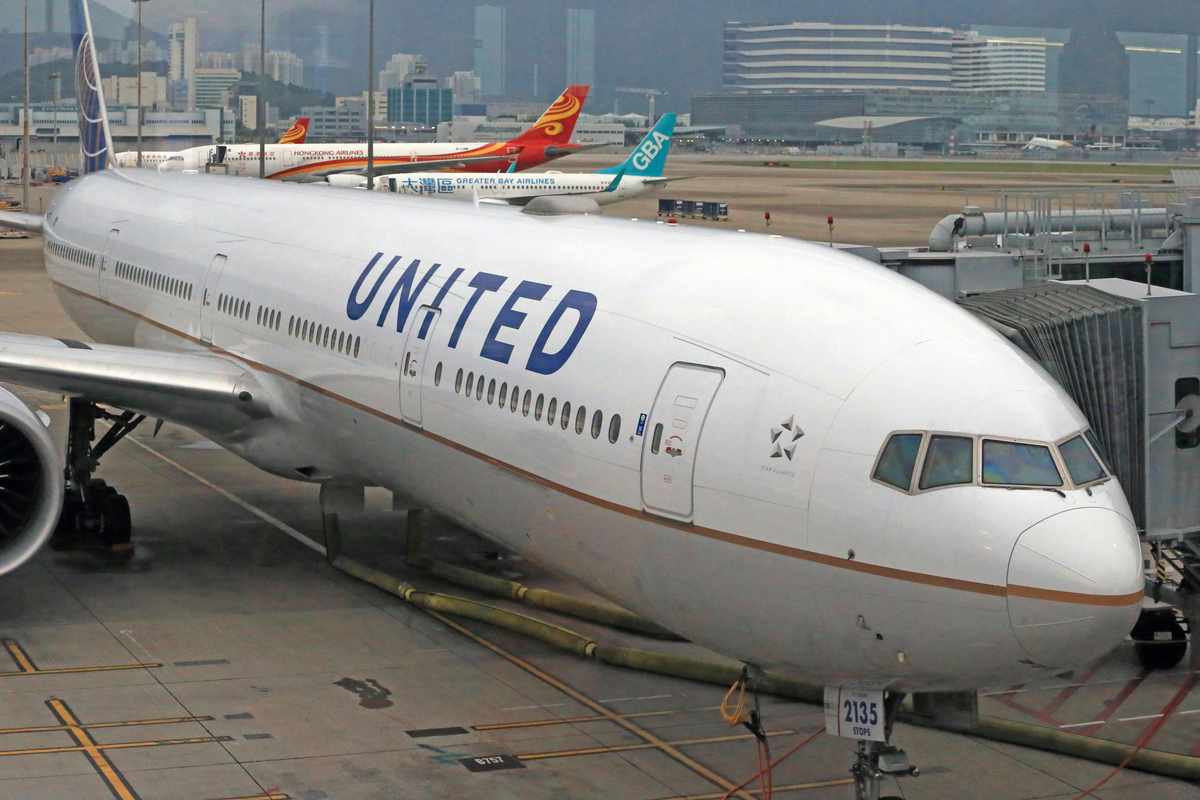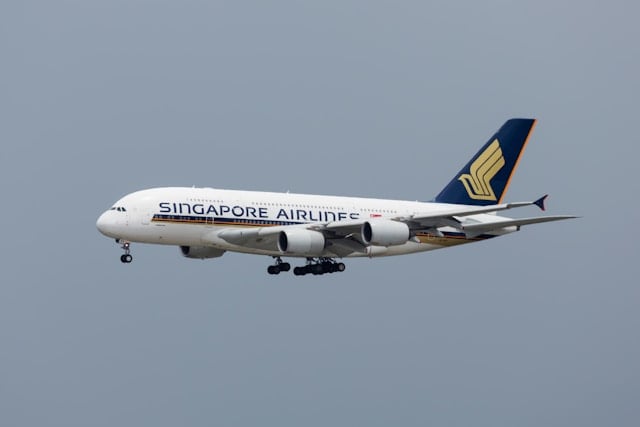Key Takeaways
• Adani Airport Holdings ended its DragonPass partnership within a week, effective May 15, 2025.
• Termination affects only DragonPass members; other lounge programs like Priority Pass remain unaffected.
• National security concerns and links to China likely prompted the abrupt end to the partnership.
Adani Airport Holdings has ended its partnership with DragonPass, a well-known airport lounge service provider based in China 🇨🇳, just days after the tie-up was announced. This decision comes at a time of growing focus on national security issues connected to Chinese companies working in key Indian 🇮🇳 industries, including aviation. For many travelers, especially those using credit cards and programs linked to DragonPass, this news brings a sudden change to their airport experience in India.
Breakdown of the Sudden Change

On May 8, 2025, Adani Airport Holdings revealed a new partnership with DragonPass to offer lounge access across its managed airports in major Indian cities like Mumbai, Ahmedabad, Lucknow, Jaipur, Guwahati, Thiruvananthapuram, and Mangaluru. This partnership promised easy digital access and more comfort for both leisure and business travelers. It was expected to help many travelers, especially those who get airport lounge benefits through bank credit cards, corporate memberships, or premium travel programs that use the DragonPass platform.
However, just a week after the partnership was launched, Adani Airport Holdings ended it without warning. This means effective immediately, DragonPass members lost access to all airport lounges managed by Adani. This decision was shared publicly on May 15, 2025, leaving many passengers and industry watchers surprised.
Timeline of Events
- May 8, 2025: Adani Airport Holdings and DragonPass announce their collaboration, aiming to improve the airport lounge experience for travelers across several key Indian airports.
- May 12–13, 2025: Indian media covers the partnership, highlighting new benefits and how travelers can use their DragonPass to access lounges, often bundled with premium credit cards.
- May 15, 2025: Adani Airport Holdings publishes a statement that the partnership has been terminated, and DragonPass members are no longer welcome at its lounges. All related privileges are rescinded. This is described as a result of a “strategic reassessment,” but no detailed public explanation is provided.
What Did the Partnership Offer?
Before its sudden end, the partnership was designed to bring several benefits to passengers:
- Lounge Access: DragonPass members could use lounges in all Adani-run airport terminals as well as some other popular lounges in India.
- Digital Convenience: Travelers could show their DragonPass membership, often stored on their phone or tied to a credit card, to enter participating lounges.
- Service for All Travelers: The offer was not just for business-class or frequent flyers, but also for those who gained benefits through cards and programs.
This approach matched a rising trend in Indian airports—making travel more comfortable and less stressful, even for those flying economy by giving many the same access to lounges that top-tier travelers get.
Why Did Adani Airport Holdings End the Partnership?
Adani Airport Holdings explained the split as part of a “strategic reassessment.” While no deeper reason was publicized, several media outlets point to India’s growing national security concerns about Chinese firms. This is especially important in sectors like aviation and technology, where control over user data, services, and digital systems can raise worries about privacy and security.
DragonPass is managed from Guangzhou, China 🇨🇳, and is owned by a Chinese parent company. Indian officials and companies have become more careful about such connections, especially after previous incidents and the ongoing complex relationship between the two countries. Tighter rules and more frequent checks on Chinese investments have become common in India in recent years, all to avoid possible risks relating to data privacy or wider political tensions.
Statement from Adani Airport Holdings
The company shared the following message about the change:
“Our association with DragonPass… has been terminated with immediate effect. DragonPass customers will no longer have access to lounges at Adani-managed airports.”
This clear language leaves no doubt: all passengers using DragonPass are now blocked from Adani airport lounges.
Immediate Impact on Travelers
Who is Affected?
- DragonPass users: Anyone in India or overseas using DragonPass to enter Adani’s airport lounges is now blocked. This affects travelers using DragonPass through direct membership or as an included benefit with bank credit cards or corporate programs.
- Other lounge program users: Those who enter through other networks like Priority Pass, DreamFolks, airline status, or by paying directly at the lounge are NOT affected. Access continues as usual for these travelers.
- Credit card holders: Many Indian banking products bundle DragonPass as part of their travel benefits. Those cardholders now have to find a different solution, such as using other lounge programs, paying out-of-pocket, or switching cards if possible.
What Does This Mean for Frequent Flyers?
For many regular travelers, airport lounges are a key perk. They offer a place to relax, charge devices, eat, and work between flights. Many users choose credit cards or bank products specifically for the included lounge access. Now, those who relied on DragonPass through these programs can no longer enjoy these benefits at Adani-run airports.
- International business travelers: Many rely on global programs like DragonPass for smooth journeys. Losing lounge access means rethinking travel habits or using alternative programs, if eligible.
- Corporate clients: Firms often pay for staff to join lounge programs for smoother travel. Now, companies must review which programs they offer and whether they meet India’s airport needs.
- Leisure travelers: Tourists and occasional travelers using DragonPass as part of their trip will now need a fresh plan for comfort during layovers.
Are Other Lounge Programs Safe?
So far, Adani’s decision only affects DragonPass. Lounge users linked to other global networks can still use their regular access without changes.
This situation highlights the importance of always checking with your lounge provider—and the website of the airport you’re flying from—before traveling. For up-to-date information on airport lounge programs and changes, the official Adani Airport website is a helpful resource.
National Security and Geopolitical Context
This move by Adani Airport Holdings is not happening in isolation. Many companies and government agencies in India 🇮🇳 are now being extra careful about their links to Chinese companies, notably where customer data or digital systems are involved.
Why is this happening?
- Increased Security Caution: In the last few years, India has grown more watchful of foreign control over its digital infrastructure. With air travel touching millions each month, lounge data—such as names, passport details, and travel habits—could be sensitive.
- Geopolitical Tension: Relations between India and China 🇨🇳 have had ups and downs. Border disputes, past cyber incidents, and trade conflicts have all fed worries.
- Regulatory Pressure: Authorities have put rules in place to check and monitor foreign investment in key industries. Partnerships with companies from countries seen as “risky” are looked at more closely.
In this case, with DragonPass being a China-based company, it appears that Adani Airport Holdings decided the safest move—given the present climate—was to end the partnership quickly, even if it upset travelers.
Short-Term and Long-Term Effects
Short-Term
- Inconvenience for Travelers: The biggest immediate result is the loss of lounge access for DragonPass users. For these passengers, the sudden change may be jarring, especially if lounge access played a role in their travel comfort and planning.
- Questions for Banks and Card Issuers: Many Indian banks that advertise lounge access as a benefit will need to quickly update their communication and support channels to guide affected customers.
- Airport Service Clarity: Lounges themselves continue to operate, but must ensure their staff are briefed to handle unhappy or surprised travelers politely and with clear instructions.
Long-Term
- Careful Future Partnerships: Adani Airport Holdings, and possibly other infrastructure companies, may rethink plans for future deals with foreign (especially Chinese) service providers.
- Shift in Lounge Program Market: Other providers, such as Priority Pass and DreamFolks, may see increased demand as travelers look for new ways to keep lounge perks.
- Policy and Transparency: Banks, airlines, and loyalty programs may review how they communicate lounge access terms, especially when partnerships are subject to quick change for reasons outside their control.
- Increased Focus on Security: Other Indian companies operating in sensitive areas—like telecom, power, or infra—may follow Adani’s lead, making similar decisions as part of a wider shift.
Reaction and Industry Analysis
As reported by VisaVerge.com, the sudden ending of the partnership comes as no real surprise to industry watchers who have tracked rising national security worries in India. Still, the speed and publicity of this move show that Indian firms are feeling pressure to act quickly and publicly when issues with foreign partners arise.
Adani Airport Holdings is one of India’s largest airport operators. By cutting ties abruptly, the company sends a message to travelers, investors, and the government about its willingness to act in line with national priorities, even if it brings short-term inconvenience for some customers.
For DragonPass, this development is a setback in the Indian market—a place with growing potential due to the expansion of air travel and rising middle-class demand for premium services.
Advice for Affected Travelers
If you have a DragonPass membership, either through direct subscription, a credit card, or a corporate program, and plan to travel through Adani-managed airports in India, consider the following steps:
- Check Your Card Benefits: Contact your bank or card issuer to see if you have lounge access through another network (such as Priority Pass or DreamFolks).
- Plan for Lounges: Book lounges in advance using a pay-per-use method or through airline loyalty programs if available.
- Visit the Adani Airport Official Website: For the latest on lounges and accepted programs, check the Adani Airport’s official website.
- Stay Informed: Rules can change quickly, especially in periods of heightened political tension or national security concern.
Summary of Key Points
- Adani Airport Holdings announced and then ended its partnership with DragonPass less than a week apart, with the change affecting only DragonPass members at Adani-managed airports.
- The stated reason is a “strategic reassessment,” but many see national security worries and geopolitical tension with China 🇨🇳 as key drivers of the decision.
- For most travelers, the airport lounge experience is unchanged unless they specifically rely on DragonPass. Other programs and pay-per-use methods are unaffected.
- The quick end of this partnership could shape how Indian firms manage relationships with foreign and especially Chinese service providers in future.
- Banks, card issuers, and travelers should watch this space for future changes and consider more flexible arrangements with multiple lounge access providers.
The story shows how quickly business agreements can shift when security and political concerns arise. For regular travelers, staying up-to-date on accepted lounge programs is more important than ever when passing through India’s busy airports.
Learn Today
DragonPass → A China-based company offering global airport lounge access through memberships, corporate programs, or premium credit cards.
Strategic Reassessment → An organizational review that leads to significant operational changes, such as ending business partnerships, often for business or security reasons.
Lounge Access Program → Membership or network service allowing travelers entry to airport lounges, usually as a credit card or corporate perk.
National Security Concerns → Worries about potential risks to a country’s sensitive information, infrastructure, or critical industries from foreign entities.
Pay-Per-Use Lounge Access → A method where travelers independently pay a fee to enter an airport lounge without needing a membership or partnership.
This Article in a Nutshell
Adani Airport Holdings abruptly ended its partnership with DragonPass just days after announcing it, citing a strategic reassessment. This move impacts DragonPass members’ lounge access in India but leaves other programs unchanged. Security concerns over Chinese connections influenced this decision, signaling broader shifts in Indian airport industry partnerships.
— By VisaVerge.com













